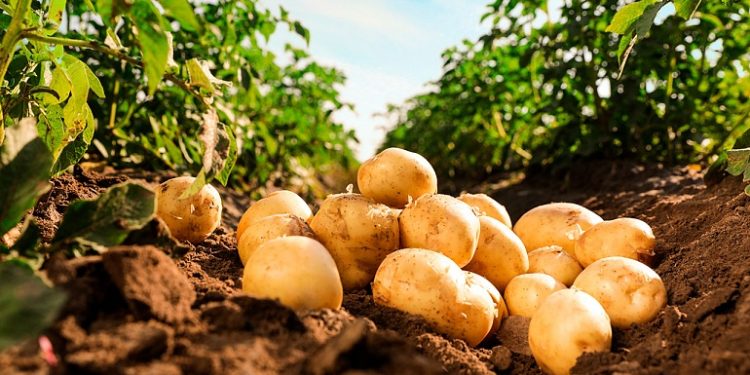digitalization, horticulture, precision agriculture, IoT, data analytics, resource management, crop monitoring, decision-making, sustainability, productivity.
In this article, we delve into the realm of biopesticides and their promising role in modern agriculture. By utilizing the latest data from reputable sources, including insights provided in the article from Rossa Primavera (source: https://rossaprimavera.ru/news/3ab4150e), we provide valuable information for farmers, agronomists, agricultural engineers, farm owners, and scientists involved in agriculture, highlighting the potential benefits and applications of biopesticides.
According to the recent report by Rossa Primavera, biopesticides are gaining traction as effective alternatives to conventional chemical pesticides. Biopesticides, derived from natural sources such as plants, bacteria, and fungi, offer environmentally friendly pest management solutions while minimizing negative impacts on human health and the ecosystem.
The data shows that biopesticides can effectively control a wide range of pests, including insects, weeds, and diseases. For instance, certain biopesticides derived from Bacillus thuringiensis (Bt) bacteria have demonstrated remarkable efficacy against specific insect pests, making them valuable tools for integrated pest management (IPM) programs.
In addition to their efficacy, biopesticides have several advantages over conventional chemical pesticides. They typically have lower toxicity, shorter residual effects, and reduced risk of developing pest resistance. Moreover, biopesticides are exempt from many regulatory restrictions imposed on chemical pesticides, making them suitable for use in organic farming and sustainable agriculture systems.
Biopesticides also contribute to the preservation of beneficial organisms and promote overall ecosystem health. They are often target-specific, minimizing harm to non-target organisms such as pollinators, predatory insects, and natural enemies of pests. This allows for the preservation of natural biological control mechanisms and the maintenance of biodiversity in agricultural landscapes.
In conclusion, biopesticides offer a promising avenue for sustainable pest management in modern agriculture. Their effectiveness, environmental compatibility, and potential for use in organic farming make them valuable tools for farmers and agronomists. By incorporating biopesticides into integrated pest management strategies, farmers can reduce reliance on chemical pesticides, promote ecological balance, and ensure the long-term health and productivity of their agricultural systems.
Tags: biopesticides, sustainable agriculture, integrated pest management, organic farming, pest control, biodiversity, environmental sustainability, pest resistance, beneficial organisms.







